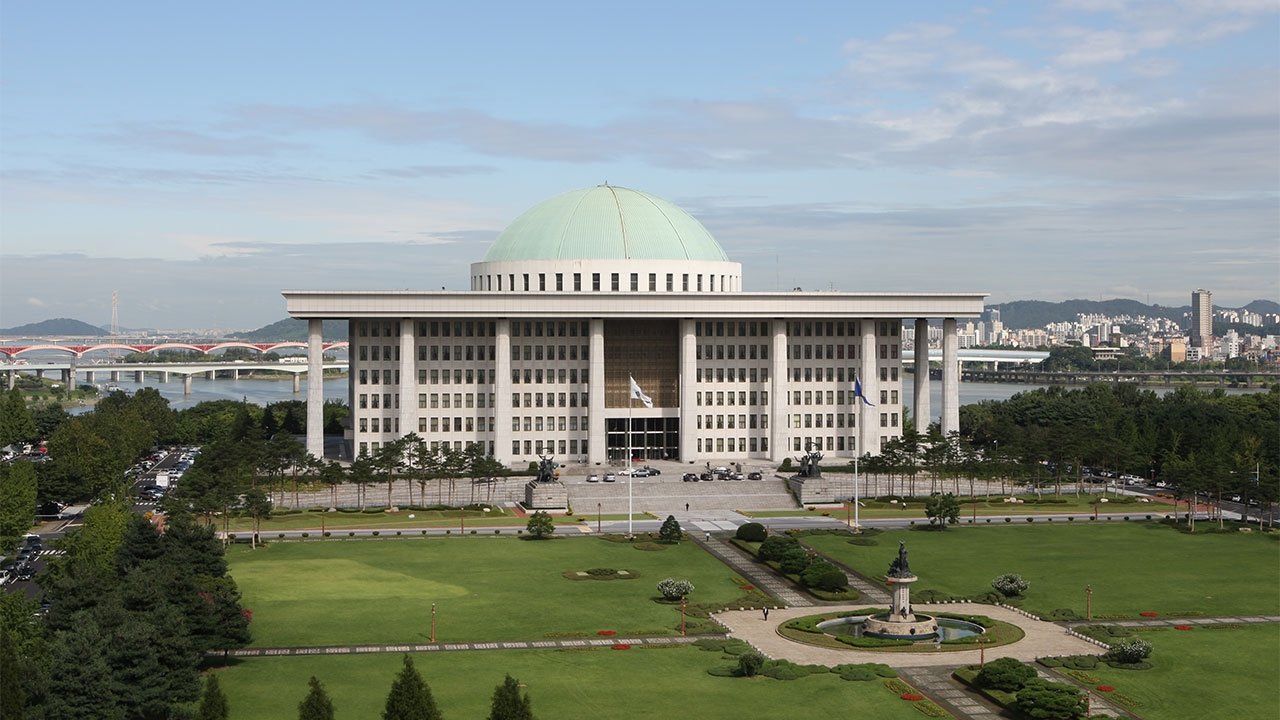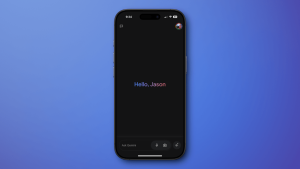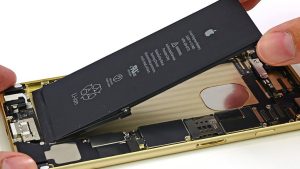
National Assembly of the Republic of South Korea

Apple’s Find My will track down a lost iPhone anywhere, unless you’re in South Korea, or if your phone was made there.
All iPhones made to be sold in South Korea have Find My permanently disabled. Not only won’t it work in the country, but Find My can’t even be used if you take your South Korean iPhone overseas.
Similarly, the block also applies to iPhone users visiting the country. While iPhones made everywhere else do include Find My, it’s disabled once they are taken into South Korea.
Consequently, lost iPhones are probably lost for good. It’s even harder to just arrange to meet friends because you cannot share location data.
According to discussions on Apple’s support forums, Apple has previously said that the limitation was because of local laws. At present, the relevant Find My support page instead has a subtly different note, saying that “Location sharing isn’t supported in South Korea and may be unavailable in other regions due to local laws.”
Those same discussion forums, plus a South Korean AppleInsider reader, and also a petition filed with the National Assembly Petition website of South Korea, all question Apple’s stance. That’s partly because Samsung has no such constraint over its equivalent of Find My.
That makes sense if Samsung is less concerned about location privacy. Yet there is still an issue for Samsung, Apple and any other firm over what is required by law.
The petition about the situation quotes Apple.
“Apple has responded by saying ‘Find My is not disabled because it violates the Location Information Act, but because of internal policy.'” To emphasize the point, Apple is said to have added that the decision is not because of a “regional requirement.”
If it is down to privacy and policies, then ostensibly South Korea law can be read as saying that all location data must be stored for six months, with an implication that the government must be able to access.
That last part is far from certain, and far from clear. But it would explain Apple regarding this as being against its privacy polices.
Except South Korean law should also apply in the country’s outlying territories, such as Baekryeongdo, and Ulleungdo. Yet Find My reportedly works there normally.
Then allegedly, Apple apps such as Photos and Fitness record location data when in use. Without the location technology being enabled in the iPhone, that data must be being derived from network and Wi-Fi details.
And it’s apparent that South Korea believes Apple is tracking location data. Because in June 2024, it fined the company around $150,000 over it.
There certainly has been an issue over precision before, as in 2023, when Apple asked to take high-precision map data out of the country, presumably to improve Apple Maps. According to the Yonhap News Agency, the South Korean government refused permission.
“It was largely because of security issues,” a land ministry official told the publication. “The exportation of 1:25,000 scaled map data has been allowed so far, but that of higher precision maps is not allowed.”
In between Apple and the South Korean government, come the civilians of the country and they are understandably frustrated.
They’re also angry, too, and specifically because Apple’s online store in South Korea continues to sell AirTags for use with the Find My network.
AppleInsider has reached out to Apple for comment.




